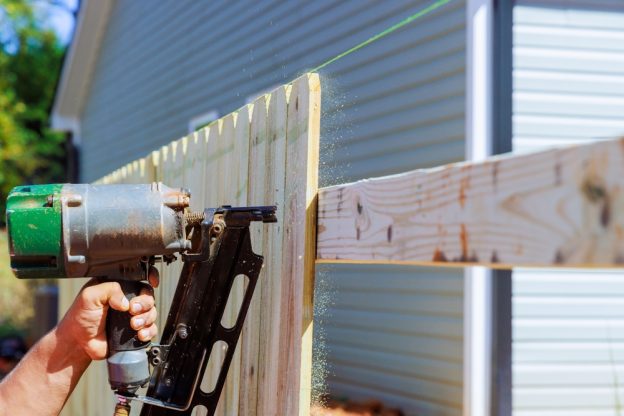Getting paid on time is one of the most crucial challenges every California contractor faces, especially for those just starting or preparing for the licensing exam. With the passage of Senate Bill 988, known as the Freelance Worker Protection Act, new rules have reshaped payment practices for independent contractors and construction professionals. Understanding and applying these requirements is not just about compliance, it’s about protecting business interests, building trust, and keeping projects on track for growth and reputation.
Why SB 988 Matters
California’s SB 988, effective January 1, 2025, aims to secure fair, timely payment for freelance and independent contractors, including many construction professionals. The law imposes strict new standards on how and when contractors must be paid. For anyone pursuing a California contractor’s license, grasping these standards will help pass the exam and build a stronger, more reliable business from day one.
Understanding SB 988: Core Payment Rules
The cornerstone of SB 988 is its requirement that all contracts worth $250 or more between a contractor and a hiring party must clearly spell out payment terms in writing. If a contract specifies a payment deadline, that date must be honored. If not, payment must arrive within 30 days of finishing the work. This “30-day rule” addresses one of the most common sources of cash flow stress for new contractors, delayed compensation due to vague contract terms.
Written contracts are no longer optional, they are now a legal obligation. Contracts must include the names and addresses of both parties, detailed descriptions of services to be performed, the agreed-upon compensation and method of payment, and a clear payment timeline. These contracts must be kept on file for four years by the hiring party as proof of compliance if any dispute arises.
Financial Penalties for Late Payment
Perhaps the strongest deterrent in SB 988 is its penalty provision. If a contractor is not paid on time, the hiring party can be fined an amount equal to the unpaid sum, up to a $5,000 cap per violation. In addition, freelancers, including licensed contractors operating under their own business can file complaints with the California Labor Commissioner in pursuit of unpaid earnings, damages, and attorney’s fees. For contractors relying on timely payments to cover payroll, materials, and overhead, this dramatically shifts negotiating leverage and encourages fair treatment.
Consider an example: A licensed carpenter completes a $5,500 deck project for a homeowner. The contract says payment is due within five business days of completion, but the client delays. After one week, the carpenter can demand payment, and failing that, file a complaint that could result in the homeowner owing up to $5,000 extra in penalties. Knowing these rules puts new contractors ahead, making collections less contentious and freeing time to focus on building and not chasing checks.
Best Practices to Ensure Timely Payment
Navigating SB 988’s requirements starts with putting strong, clear contracts at the heart of every relationship. Contractors should never begin work without a signed contract that includes the scope of work, payment schedules, deadlines for submitting invoices, and processing times. Using contract management apps or templates designed for California’s rules can save time and reduce errors.
Communication is just as important. Contractors should review payment expectations with clients at the start, remind them as project milestones approach, and document all work with photos, change orders, and daily reports. If a payment deadline is missed, follow up quickly with a written notice referencing SB 988, reminding the client of legal obligations and potential penalties. This approach not only protects the business but also demonstrates professionalism that sets licensed contractors apart.
For instance, a remodeling contractor might use an invoice template that autogenerates reminders three days before and after payment is due, keeps records for four years, and references SB 988 language, making the process seamless while reinforcing trust.
Preparing for the Exam and Real-World Success
California’s contractor license exam increasingly covers contract law, payment protections, and documentation standards shaped by recent legislation like SB 988. Mastering these rules not only ensures a passing grade but also prepares new contractors to avoid common pitfalls after licensure. Questions might ask when payments must be made if a contract is silent, what documentation to retain, or the correct steps if payment is late.
Ultimately, SB 988 is about empowering contractors to operate confidently, pursue fair pay, and reduce stress. By internalizing these requirements now, future licensees will be positioned as industry professionals who value integrity and efficiency.
Building Success with SB 988
Understanding SB 988 isn’t just about checking a box for the licensing exam, it’s about adopting practices that keep businesses healthy and clients happy. Every California contractor preparing for the exam should view these payment rules as tools for long-term stability and success. By implementing sound contract practices, prioritizing communication, and acting quickly if payment issues arise, contractors set themselves up for predictable cash flow, legal compliance, and lasting industry respect.









